By Keli Tucker with Noelle Candler, Anna Carroll, Allyson Mills, Maddy Peppard, Holly Puza, Ayuka Sinanoglu, and Abby Synnes
The UW-Madison Writing Fellows program, directed by Dr. Emily Hall, is a peer tutoring program that selects exceptional undergraduate students to provide writing support to other undergraduates who are enrolled in a course with writing. Writing Fellows are assigned to courses in a variety of disciplines, including history, biology, gender and women’s studies, and many more. Under the guidance of the faculty teaching the course, Fellows help students become stronger and more confident writers through providing feedback on drafts and holding conferences with students to discuss strategies for revision.

To prepare them for this work, all new Fellows enroll in English 403: Seminar on Tutoring Writing Across the Curriculum, a 3-credit honors course. English 403 not only provides Fellows with an education in the practical skills of tutoring, but also offers them the theoretical foundation for applying these skills in ways that support the Writing Fellows program’s mission of inclusivity. English 403 asks the Fellows to think critically about the teaching and tutoring of writing through educating them in pedagogical practices that account for the experiences of students from all backgrounds and with all identities.
As a TA assistant director of the Writing Fellows program, I had the privilege of teaching one section of English 403 in the fall of 2022. In preparing to teach the course, I responded to the social justice-oriented focus of the program and the English 403 learning outcomes by drawing on my own research interests, which sit at the intersection of race and language in the teaching and tutoring writing, to set two goals as an instructor.
First, I wanted my students to understand racial and linguistic justice as central, rather than tangential, to their work through considering the impact of raciolinguistic ideologies (Flores and Rosa, 2015) on how we perceive others’ writing, and how that in turn shapes the way we teach and tutor writing. The term raciolinguistic ideologies refers to the way that language ideologies–that is, the beliefs and attitudes we hold about language and language users–are shaped by ideas about race. As a result of this reciprocal relationship between language and race, the linguistic practices of idealized (i.e., white monolingual) speakers are considered to be normative, while the language use of racialized people is perceived as deficient. This often means that non-standardized Englishes and linguistic practices are perceived as inappropriate for formal contexts like academic or professional writing. Tutoring writing in ways that attend to the influence of raciolinguistic ideologies on our perceptions of writing foregrounds the fact that race is implicated in every act of writing, and also emphasizes that racial and linguistic justice are mutually constitutive goals.
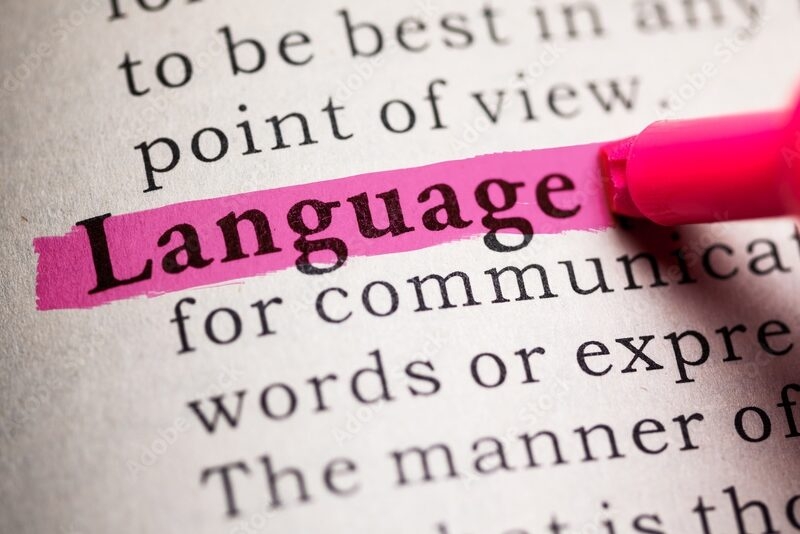
Second, I wanted my students to work to unlearn the ideas they hold about what constitutes effective and appropriate academic writing, which, for many of us, have been significantly shaped by raciolinguistic ideologies. To help us achieve this goal, I drew on the framework of Critical Language Awareness (Alim, 2005; Fairclough, 1992; Shapiro, 2022), or CLA, as a guide. CLA is a pedagogical framework designed to help students foster a critical understanding of the power relations and ideological processes inherent in our perceptions of others’ linguistic practices. Implementing CLA in the classroom helps to uncover the invisible ways that language can be used to maintain, reinforce, and perpetuate power relations, as well as how language can be used to resist, redefine, and possibly reverse those power relations.
To this end, my students and I spent time this semester engaging in conversations about language, identity, and power, as well as reflecting on our own linguistic identities and histories and the ways we have experienced privilege or been minoritized as a result–all with the goal of helping the students we work with better understand how to navigate writing in agentive ways.
I am incredibly proud of the work my students have done to develop their critical consciousness and sociolinguistic awareness, and to become more thoughtful and empathetic writing tutors. As for me, this semester has been instrumental in helping me become more intentional about interrupting ideological reproduction in my own teaching and tutoring, and I’m grateful for having had the opportunity to spend time with and learn from this amazing group of students.

Below, some of my English 403 students have generously shared their reflections on how their attitudes toward race and language have transformed over the course of the semester. The topics the Fellows touch on in their reflections hint at the significant work they have done over the course of the semester to grapple with internal biases, limiting beliefs, and deficit perspectives. They also draw on their experiences to share how learning about the significance of linguistic identity to our writing can lead to having more empathy as a tutor, and how developing a more expansive perspective on the English language can help us view our work through a more equitable lens.
These reflections provide an insight into the tremendous amount of thought and care the Fellows put into helping students and contributing to a more inclusive culture of writing on campus here at UW-Madison. I’m excited for you to hear from the Fellows, in their own words, about this work. (Reflections have been edited for length.)
Opening Doors Beyond Standard American English by Noelle Candler
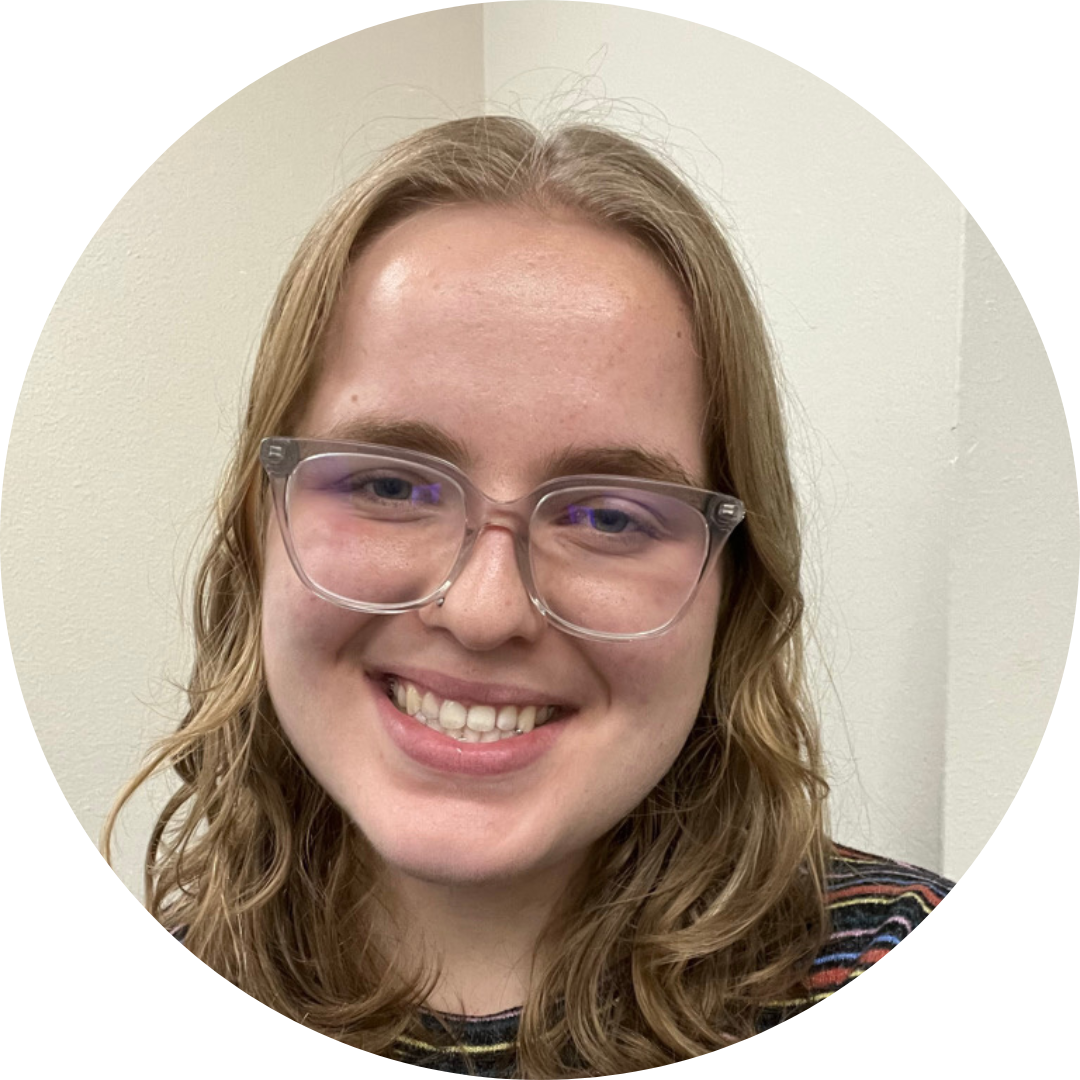
I brought into this class a love of my own language, and the way it can be molded, shaped, and manipulated to express otherwise unimaginable meanings. However, this relationship I had with writing was dependent on restrictive norms of language that arise out of linguistic injustice in a way I had failed to understand prior to becoming a Writing Fellow.
My personal writing is heavily dependent on the norms of Standard American English. I have internalized expected academic structures, terms, and tones into my writing to an extent that I honestly do not know how my identity as a writer would look without them. That is scary to reckon with but is unspeakably important. The way I view writing by others is also clouded by these structures as I subconsciously recognize when a writer does not conform to Standard American English and grapple with that recognition as I read their work. No one person is responsible for this implicit bias that has been ingrained into me; I have internalized these colonial ideas without even recognizing them as such. But it is my responsibility to continuously challenge it and refute it in my work to help bring justice to communities whose languages have been so deeply disrespected.

Over this semester, I have come to realize that there is so much more to language than mere conventions. I now understand that at the end of the day language is about communication. So, as long as a meaning can be conveyed and understood between a group of two or more people, that language is perfectly valid, correct, normal, meaningful, and often beautiful. Opening this door allows readers and writers alike to appreciate so many more fantastic pieces of writing. Appreciating the value of all languages as a reader, student, and tutor ensures that we support students as they shape their own writing identity to hopefully shape a writing community at UW Madison that challenges pejorative and limiting expectations.
Writing Beyond the Rules: Expanding our Views of Language by Anna Carroll
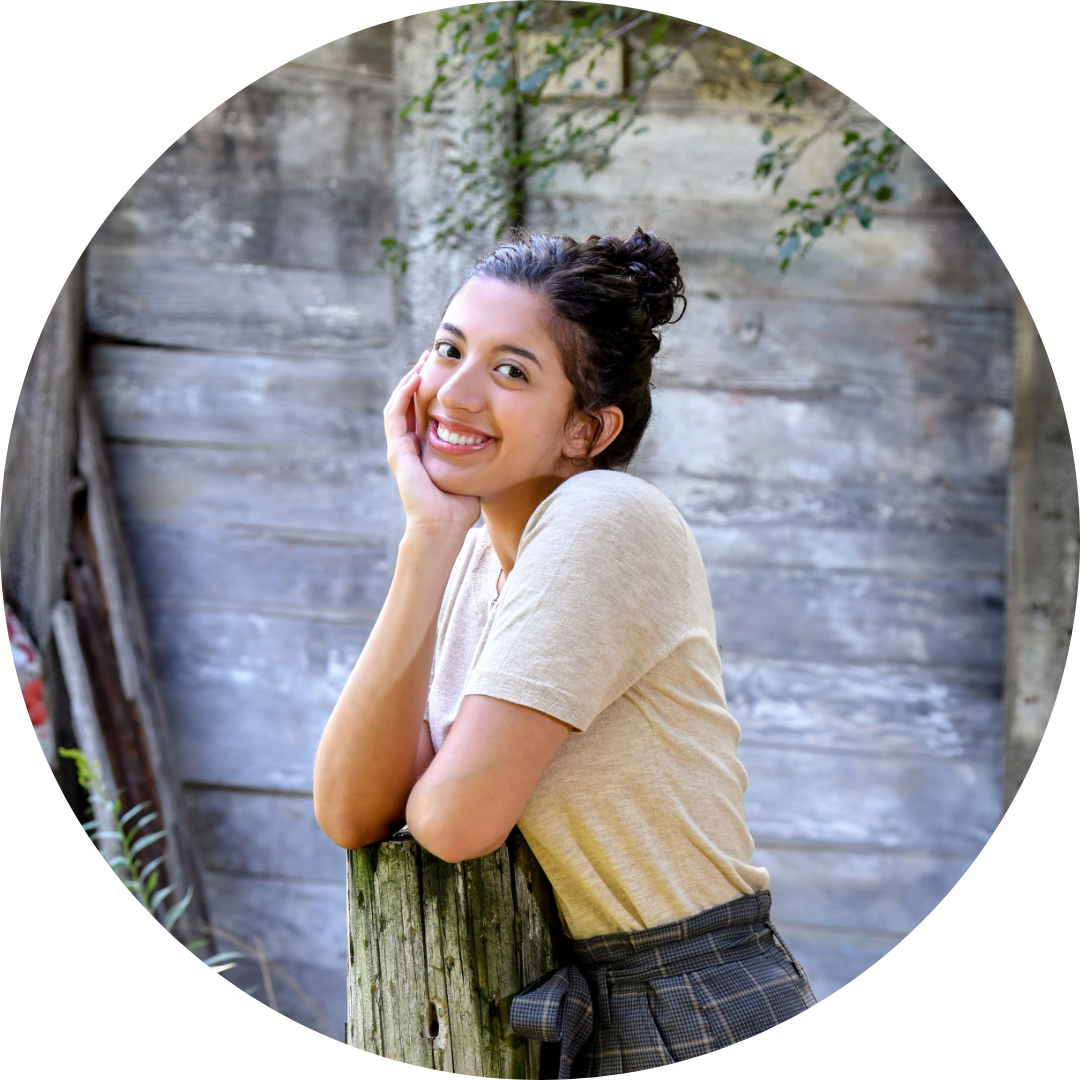
Our first English 403 reading of the semester, “Workin’ Languages: Who We Are Matters in Our Writing,” argued that the English language is not one set of rules that must be conformed to and mastered in order to create an eloquent piece of writing; rather, words can be played around with and manipulated to best express oneself, even if this means breaking from the rules of “proper” English (Alvarez et al., 2022). After years of dissecting sentences into predictable, uncompromising segments and cultivating a rather flavorless tone in my academic writing, I didn’t think rule-breaking in writing would be accepted, let alone encouraged, in an educational setting. But “Workin’ Languages” offered another view: language is something personal to every individual, and we all internalize our experiences with words to build our own verbal communication toolbox. We don’t all have the same linguistic backgrounds, and, as Alvarez et al. argued, this should be celebrated in our writing. The idea that stringing words together in a simultaneously intuitive yet purposeful way, even while breaking from Standard Academic English, could best get a writer’s point across, refreshed my view of writing as an art form. This transformed the way I saw my own and other people’s writing–not as words slotted into English grammar standards, but as a frame for thoughts, innovations, and feelings.

Taking this approach to writing greatly guided my work as a Writing Fellow. I expected this experience to include many hours of proofreading essays, making sure they were perfectly fit for a professor’s eyes and rubric. In my mind, this entailed a precise mastery of Standard Academic English, with sentences viable for places in grammar practice books and perfectly flowing syntax, bolstered by a sophisticated repertoire of vocabulary. However, the view of language as a moldable, experimental medium allowed me to focus more on the larger arguments and higher-order aspects of student writing. Because I was less focused on small details where a student may have deviated from expected academic writing, I was better able to point out larger concerns related to a student’s ability to get their ideas across. This helped me involve the students I fellowed for more in their revision processes rather than leaving them with a laundry list of mistakes to fix. My comments and conferences were able to be more concerned with writers’ work as something personal to them and not as another product of a single language, and the view of language and literacy that we studied this semester helped me see each writer as a purposeful constructor of sentences and paragraphs and essays. Understanding writing past standard language constrictions opened up a whole new world of writing as a creative endeavor.
Beyond the ‘Standard’: The Importance of Linguistic Identity by Allyson Mills
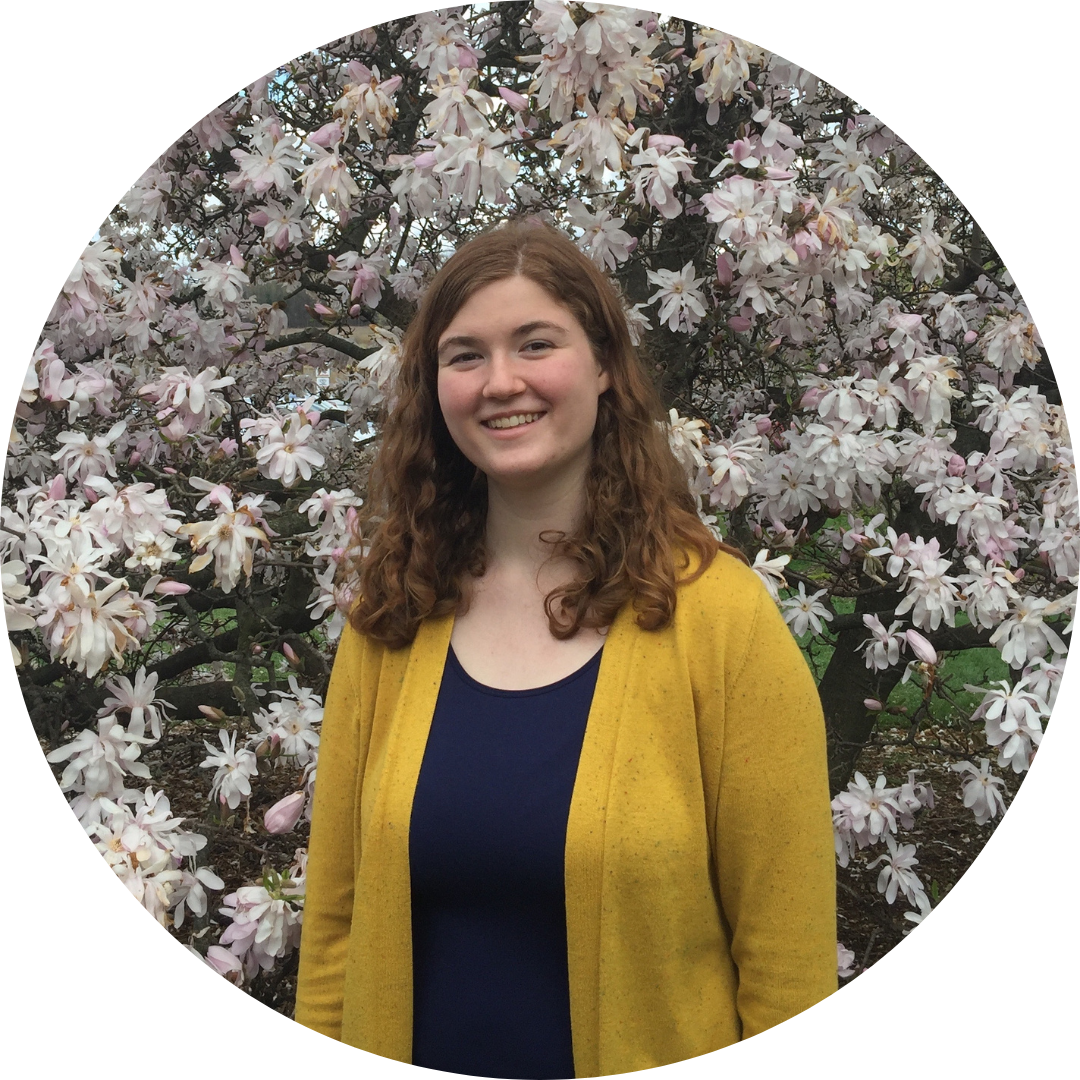
Coming into fellowing this year, I held the (incorrect) belief that ‘academic’ writing in standard English was the most important type of writing for college students to know. I never liked that position, but after this course I now understand all of the nuance in that statement, and understanding that nuance aided me in my fellowing sessions. Learning about the hierarchies and power structures that impact how one writes (and how I tutor writing) helped me convey to my students the balance between personal voice/writing style, audience, and course expectations. Rather than viewing their writing as correct or incorrect, we had more open discussions about the types of audiences for which different styles of writing are most commonly accepted.
One of the most meaningful things I learned about language and writing in this class is how to approach working with writers from different linguistic backgrounds than I grew up with. My linguistic awareness has increased over the course of the semester through course content and fellowing experience. The course units on multiculturalist writing and raciolinguistic ideologies increased my awareness of what BIPOC student writers face, and how to acknowledge each student’s individual linguistic background during tutoring sessions. As a white tutor, it helped me better acknowledge the inherent biases I hold and how to better support BIPOC students.
I learned a lot about tutoring, writing, and linguistic identity through this course– through readings, fellowing conferences, and in discussion with my classmates. Moving forward, I will definitely apply what I have learned to my commenting. As a student myself, I remember certain poignant comments instructors have left on my assignments throughout the years. After hearing other students’ experiences, as I move forward, I will more deeply consider how comments I leave are worded and how they could come across to students.
Equity Means Focusing on Global Issues by Maddy Peppard
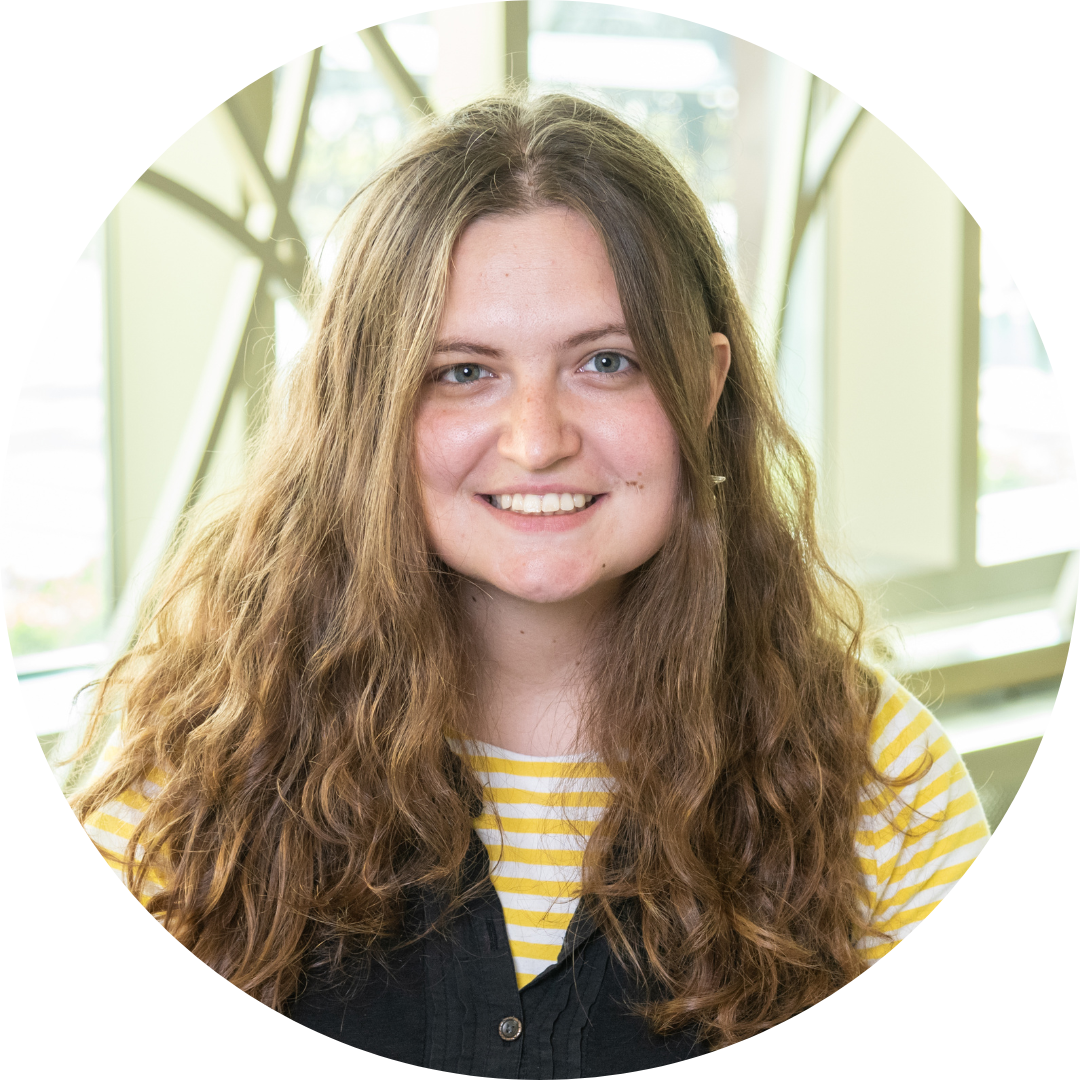
One of the funniest things that I believed about language use coming into English 403 was that I simultaneously acknowledged that Standard Written/American English (SAE) was a valid method of standardization in academic writing, but also was not able to define any specific set of rules of SAE for writers. It was interesting to learn this semester that this was not just a lack of memory on my part, but a purposefully abstract way of gatekeeping writing to those who intuitively understood these abstract norms–usually, predominantly white academic communities.
English 403 has tackled some of these barriers to equitable writing by focusing on valuable topics like translanguaging (multilingual writers switching between languages as they write) and the focus on global issues in writing over local ones. The focus on the writer in the long-term in the Writing Fellows program is one thing that makes it so unique compared to other forms of writing help that students are often provided with; ones that usually resort to only providing minor grammatical or sentence level-edits that can not only devalue the student’s own voice and agency in their writing, but discourage them from trusting their ultimate ability to write as well.
As a Fellow, I have largely grown to ignore “local” issues when I read over student papers now. It sounds far-fetched, but since taking English 403, I have become much more of a conceptual reader of academic papers rather than a semantic one, and I am ultimately grateful that I get to be in a program that emphasizes looking at writing assignments as a whole. I have always been somewhat of an “argumentative” reader and have a natural tendency to look for holes in the writer’s argument, but the work of fellowing emphasizes student agency and competency in their own voice, so I focus on helping empower students to represent their own perspective and viewpoint in their writing while fellowing.
Going forward from this class, I have an increased sensitivity to various insecurities that writers may have, such as being unsure of their own language use or the feelings of imposter phenomenon some have while writing in English for the first time. I have always brought empathy to my job as a Writing Fellow, but now I have the knowledge and skills to go even further to help understand individuals and their challenges and joys of using their own language–whether that’s SAE or something else entirely.
Writing as an Act of Identity by Holly Puza

Tutoring had always been a static role in my mind. Previous tutorial positions, I felt, often expected me to present the same course content so that students may sit and engage with the material longer, as needed. The tutoring environment was a fixed place for students to grapple with content outside the classroom, where information may often be too difficult and too convoluted. Tutoring, then, was an extension of what was taught in the classroom to perform better in the classroom. My expectations of English 403 were, therefore, straightforward; I expected to become a better teacher of writing for students’ academic needs in their specific course. English 403 instead taught me to grapple with my view of and beliefs in writing that pervade academic conventionalities—and, certainly, the classroom.
This course naturally stressed the importance of valuing and encouraging versatility in writing. The course material explicitly revealed students’ reactions to the diminishing power of criticism from smaller-scale grammar technicalities in writing conventions or limiting beliefs founded on Standard American English. Linguistic flexibility and global-level evaluation, as taught in the Writing Fellows course, give tutors the opportunity to produce constructive feedback that cultivates student progression at any perceived academic writing level or mode of expression. Uplifting linguistic diversity in writing by valuing translanguaging and dialectic variation in student writing is a natural extension of acknowledging the capacity to reconcile with scholarship and identity in different ways, in different contexts, and through different voices. Encouraging the development of such techniques—rather than eliminating them altogether—prevents the loss of prospective written contribution and student confidence in the writing process.
I entered this class with the expectation that I would become a better tutor. Of course, I have become more accustomed to mentorship conventionalities and have grown in my confidence in providing feedback on student writing throughout the semester. While attending the semester-long course, however, I did not expect to become a better writer in my personal work nor develop a new, admirative perspective on linguistic and writing flexibility. English 403: Seminar on Tutoring Writing Across the Curriculum has taught me the entanglement of identity in, and the perforation of, writing in everyday life, inside and outside the classroom.
Empathetic Education: Utilizing Peer Tutoring Practices by Ayuka Sinanoglu
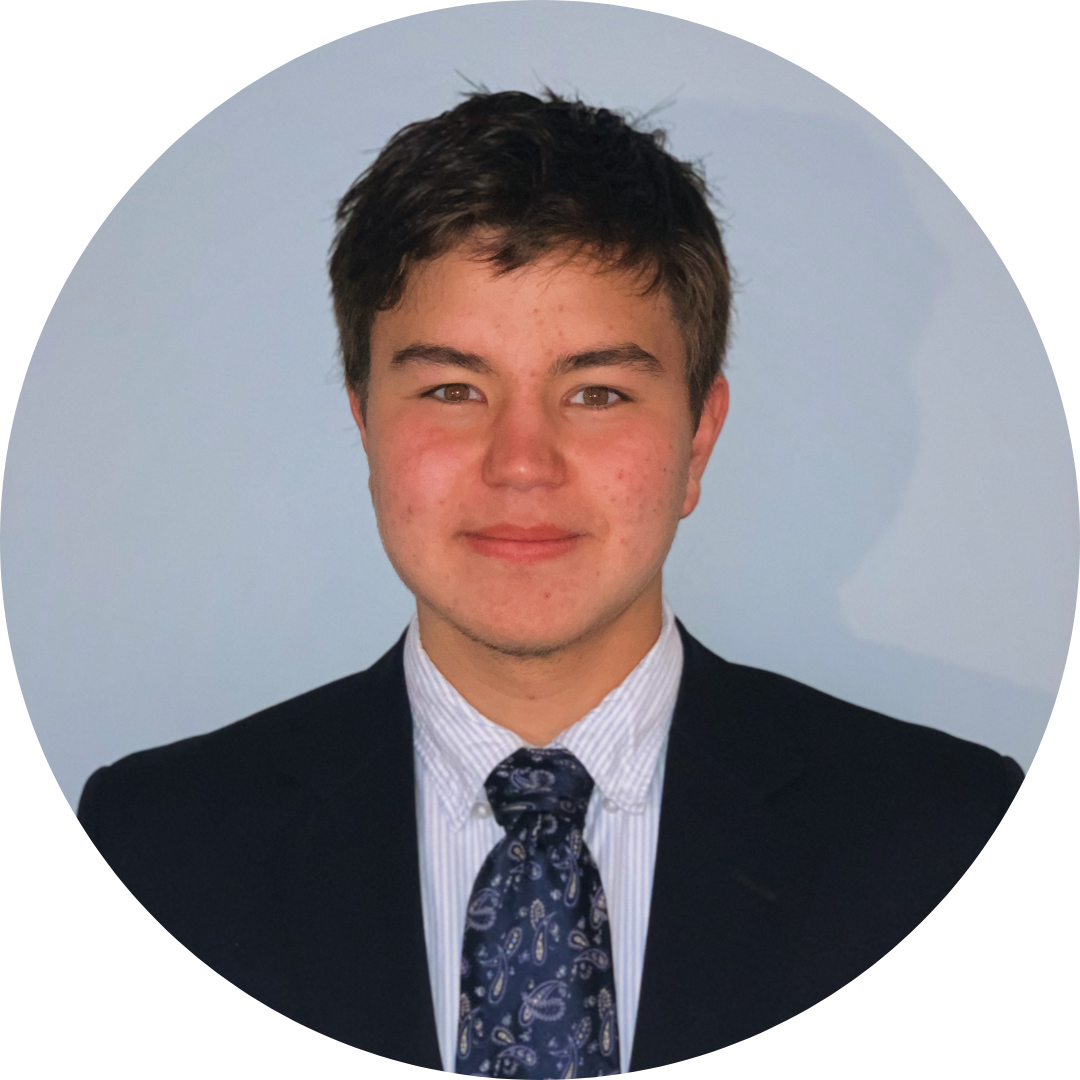
During my time in English 403 I have not just developed as a Writing Fellow, but I have also developed as a teacher, writer, and perhaps most importantly as a peer. This class has challenged me to confront uncomfortable topics such as authority, race, and multilingualism in tutoring practices—forcing me to reflect on my own privilege. Beyond these uncomfortable topics, I have also been guided to deconstruct and reconstruct my own perceptions of writing practices that uphold exclusionary traditions. Many of the topics we covered in class have brought into perspective my own experiences as a writer and made me aware of the linguistic struggles of those around me.
Throughout this class, we have expanded our understanding of tutoring practices. Our classes have analyzed the intimate and consequential relationships that are at the foundation of effective peer-to-peer tutoring. This approach has focused on these tutoring dynamics from the perspective of both the Fellows and the students. One reading, at the start of the semester, that left an impression on me was “Learning to Praise” by Donald Dalker. This reading and the subsequent classroom discussion prompted me to consider the effects of praise in building rapport. This topic brought me to reflect on my educational encounters and relate to my own experiences with receiving positive feedback. I began to discover how my own confidence and ability as a writer were grounded in these moments of kindness and empathetic understanding.

This reading situated the content within my own educational journey and allowed me to begin to understand how to effectively translate these practices to my own conferences with students.
While I have learned a great deal about upholding productive and equitable tutoring practices, the most rewarding aspects of this course have been applying these techniques as a Fellow. The intersection of my classroom tutoring education with hands-on collaboration with students has certainly proven to be effective. The conjunction of these two spheres of learning have enabled me to develop as a Fellow. To be sure, this class has provided learning opportunities both inside and outside of the classroom. For me, witnessing the tangible effects of our classroom curriculum have made my experience as a tutor incredibly rewarding.
Deconstructing a Deficit-Based Tutoring Approach by Abby Synnes
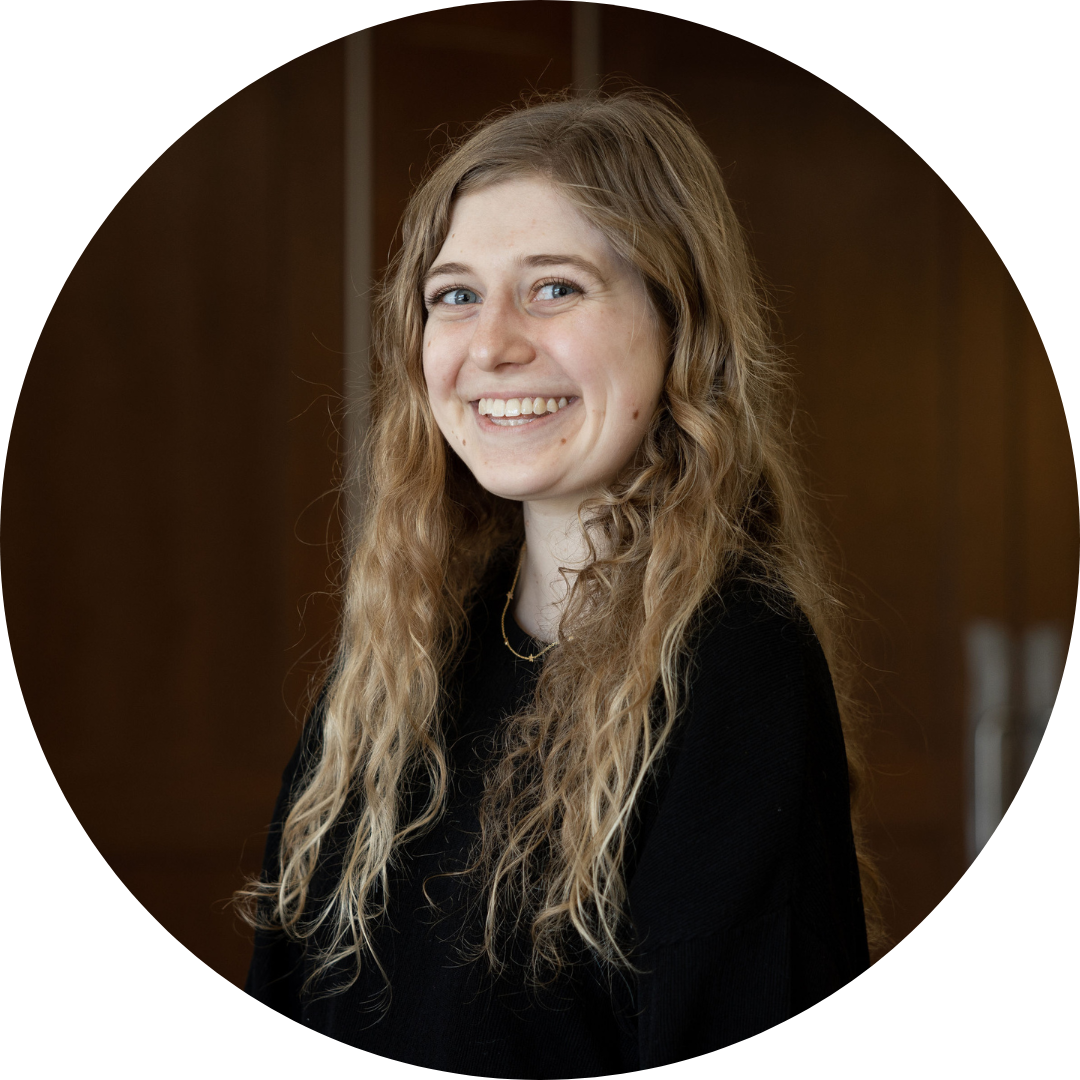
Coming into this class, I knew that I would have to rethink what I considered to be “good” writing. I understood that our fellowing responsibilities would consist mainly of commenting on global issues rather than grammar or spelling errors, but I assumed that it would take me a while to get used to ignoring these local issues. I’ve always considered myself to be good at catching grammar mistakes and typos when I’m reading a friend’s paper or even a published book, but I’ve realized that my fixation on these areas of improvement kept me from thinking about the bigger picture of writing. Does the author have an original and interesting idea in their paper? Are they backing up their argument with clear evidence? Is their authentic voice shining through, or are they trying to conform to standards of “academic” writing?
This course has completely changed how I think about writing. One of my biggest takeaways is that maintaining a writer’s voice is crucial. An author may do this by integrating another language that they speak into their writing or using their natural grammar or vocabulary structures, even if (or especially if) they’re distinct from Standard American English (SAE).

It was easier to move away from my grammar-based idea of writing towards an argument-based approach than I thought it would be, which was both surprising and pleasing. By doing so, I transitioned away from a deficit-based writing mentality to a strength-based one. Regardless of whether or not my students’ papers fell perfectly under the category of SAE, I appreciated the hard work and great ideas that they’d incorporated in their papers and wanted to make sure that they acknowledged their successes as well.
The biggest change in my perception of writing is that I no longer think of writing as either “good” or “bad.” There is no one correct way to write, and I reject the notion that SAE is the gold standard for writing because it diminishes an author’s identity. All writing has elements or ideas that are strong, and all writing has areas for improvement. All writers, for that matter, are constantly growing and improving with every project that they write. Even more important than perfecting one specific assignment is developing good writing habits that can be generalized to future work.
References
Alim, H. S. (2005). Critical language awareness in the United States: Revisiting issues and revising pedagogies in a resegregated society.” Educational Researcher, 34(7), 24–31.
Alvarez, S. P, Wan, A, & Lee, E. (2022). Workin’ languages: Who we are matters in our writing. In D.L. Driscoll, M. Heise, M. K. Steward, and M. Vetter (Eds.) Writing spaces: Readings on writing volume 4 (pp. 1-17). Parlor Press.
Fairclough, N. (Ed.). (1992). Critical Language Awareness. Longman.
Flores, N., & Rosa, J. (2015). Undoing appropriateness: Raciolinguistic ideologies and language diversity in education. Harvard Educational Review, 85(2), 149–71.
Shapiro, S. (2022). Cultivating Critical Language Awareness in the Writing Classroom. Routledge.
Daiker, D. (1989). Learning to praise. In C. Anson (Eds.), Writing and response: Theory, practice, and research (pp. 103-13). NCTE.
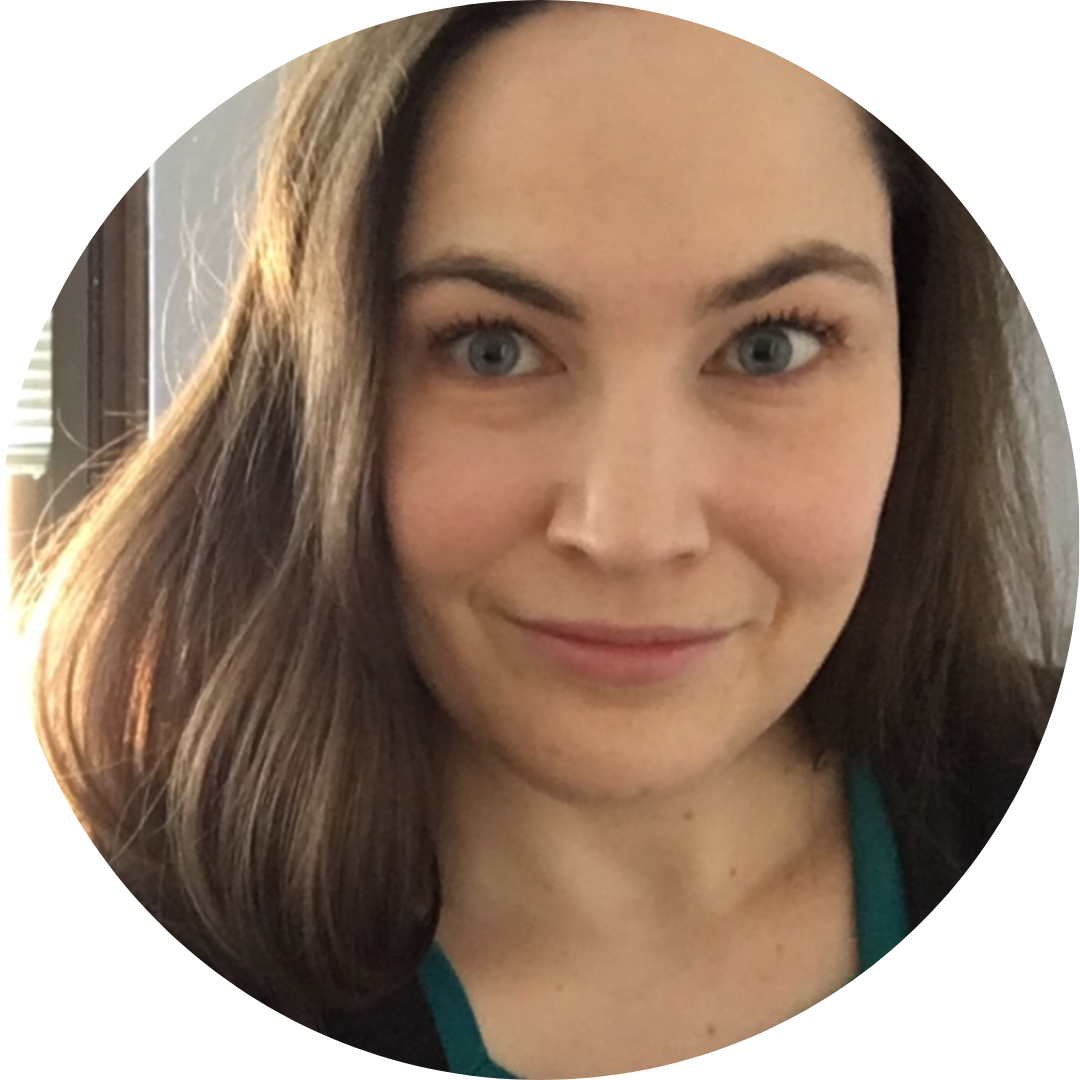
Keli Tucker is a PhD candidate in Composition and Rhetoric at the University of Wisconsin-Madison, where she also serves as assistant director of the Writing Fellows program. Her research sits at the intersections of linguistic justice, antiracist pedagogy, and writing program administration.

